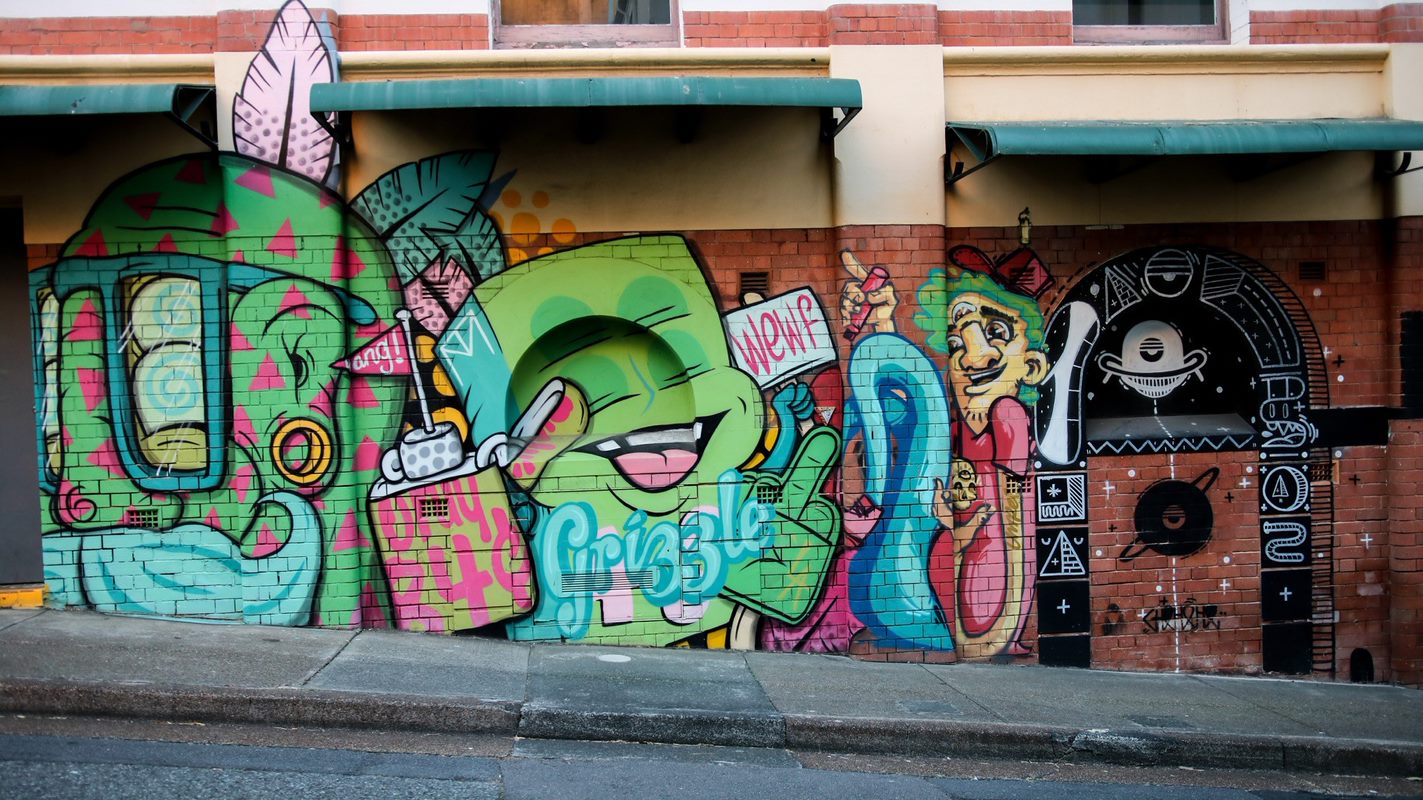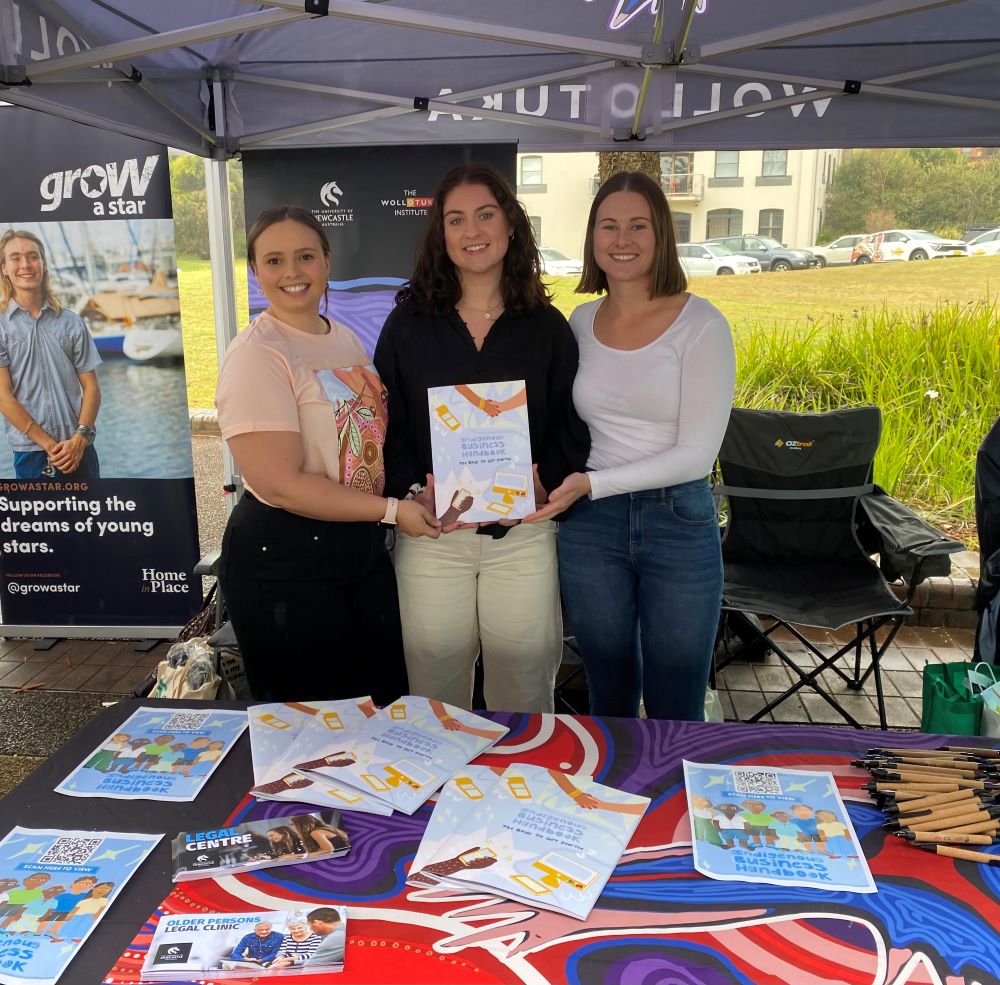
Clinics & community resources
The Law and Social Justice Centre is committed to providing advocacy and legal assistance to people who are disadvantaged in accessing and dealing with the legal system. As part of its mission the Centre provides legal advice at outreach clinics in accessible locations. The interdisciplinary approach of these clinics enables enhanced service delivery encompassing both the legal and non-legal needs of clients. The Law and Social Justice Centre works alongside the University of Newcastle Legal Centre providing free legal services to the Newcastle, Hunter and Central Coast regions. It also expands the clinical legal education intensive placement opportunities for law and criminology students at Newcastle Law School.
Legal Outreach Clinic Assisting Women and Children Experiencing Family Violence
A legal outreach clinic assisting women and children experiencing family violence has arisen from the collaboration between Moray & Agnew Lawyers, the University of Newcastle Legal Centre and the Newcastle Women’s Domestic Violence Court Advocacy Service (NWDVCAS). NWDVCAS operates in Newcastle and Lake Macquarie, and provides women and children experiencing family violence with support, advocacy, referral and information as they navigate the legal system.
Beginning in mid-March 2022, Moray & Agnew Pro Bono Lawyer Alice Zhang has provided in-person and phone assistance to NWDVCAS clients in the areas of family law, apprehended violence orders and child protection law. This legal outreach clinic utilises NWDVCAS’s existing community links to enable more women and children experiencing family violence to access free, timely and specialist legal advice.
Community Resources
Refugee Family Reunion
In 2023, RefugeeHub, the Newcastle Migration Research Network, and law students from the University of Newcastle began a collaborative process to support the legal literacy of people from culturally and linguistically diverse backgrounds. Through the process of legal design, the goal was to create easy to understand, visually appealing resources to support people’s understanding of various laws and legal processes. This resource was designed to assist people from a forced migration background to make informed decisions regarding Australia’s humanitarian visa as a pathway to reunite their family. Access the resource here.
- Refugee Family Reunion - Things you need to know before applying (PDF, 8554.61 KB)
- Community Languages Schools Programs Terms and Conditions Guidebook (PDF, 2400.81 KB)
- Driving in Australia - Things you need to know to be safe on the road (PDF, 7609.24 KB)
Indigenous Business Handbook

The Indigenous Business Handbook has been written, designed and researched by several thoughtful, talented and dedicated groups of Indigenous and non-Indigenous students at the School of Law and Justice at the University of Newcastle (Australia).This Handbook acknowledges the common struggles, and uncertainty faced, when starting a business; alongside the complex family and social pressures that business owners may encounter. The Handbook aims to provide useable legal tools informed by the recognition of Culture.
The Handbook was envisioned by Associate Professor Kevin Sobel-Read who also supervises the Project. Two remarkable students – Taylah Gray and Hannah Stenstrom – provided essential and foundational work as research assistants. The students listed within the Handbook contributed to the consultation, research and writing within the Special Interest Project Course, LAWS6091. The first iteration and launch of the Indigenous Business Handbook in July 2023 was facilitated by Kyiesha Faulkner, Sophie Amanatides and Victoria Gill. the full handbook can be accessed here.
As a living document, we encourage you to provide feedback and suggestions to inform further iterations of the Indigenous Business Handbook. Please contact Associate Professor Kevin Sobel-Read, Deputy Head of School, Director of Teaching and Learning, University of Newcastle School of Law and Justice
The University of Newcastle acknowledges the traditional custodians of the lands within our footprint areas: Awabakal, Darkinjung, Biripai, Worimi, Wonnarua, and Eora Nations. We also pay respect to the wisdom of our Elders past and present.